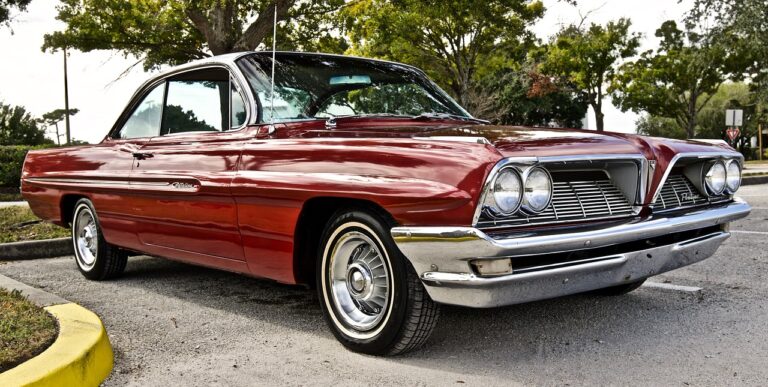Exploring the Impact of Automotive Air Conditioning on Vehicle HVAC System Component Recycling
world777 login, 11xplay online, betbook247:Have you ever wondered about the impact of automotive air conditioning on vehicle HVAC system component recycling? It’s a topic that often gets overlooked, but it’s crucial to understand the effects that our vehicles have on the environment.
Automotive air conditioning systems are a key component of modern vehicles, keeping us cool during hot summer days and ensuring our comfort while driving. However, these systems also contribute to the overall carbon footprint of our vehicles and can have a significant impact on the recycling process of HVAC system components.
One of the main issues with automotive air conditioning systems is the refrigerant used to cool the air. Many older vehicles use refrigerants such as R-12, which are harmful to the ozone layer and contribute to climate change. As these vehicles reach the end of their lifespan, it’s essential to properly dispose of these refrigerants to prevent further damage to the environment.
Fortunately, newer vehicles are equipped with more environmentally friendly refrigerants, such as R-134a, which have a lower impact on the ozone layer. However, even these refrigerants can pose challenges when it comes to recycling HVAC system components. It’s essential to work with certified technicians who know how to properly handle and dispose of these materials to ensure they don’t end up in landfills or harm the environment.
In addition to refrigerants, other components of automotive air conditioning systems can also have an impact on recycling efforts. Components such as compressors, condensers, and evaporators can contain materials that are valuable for recycling, such as aluminum and copper. Properly recycling these components can help reduce the demand for new materials, conserving natural resources and reducing the overall environmental impact of vehicle manufacturing.
Overall, the impact of automotive air conditioning on vehicle HVAC system component recycling is significant and should not be ignored. By being mindful of the materials used in these systems and working with certified technicians to properly dispose of them, we can help reduce our environmental footprint and contribute to a more sustainable future.
—
Heading 1: The Importance of Proper Disposal
When it comes to automotive air conditioning systems, proper disposal is key to ensuring that harmful materials don’t end up polluting the environment. Refrigerants, in particular, can have a significant impact on the ozone layer and contribute to climate change if not handled correctly.
Heading 2: Working with Certified Technicians
One of the best ways to ensure that automotive air conditioning systems are disposed of properly is to work with certified technicians who are trained in handling these materials. These professionals have the knowledge and expertise to safely recover and dispose of refrigerants and other components, reducing the risk of environmental contamination.
Heading 3: Recycling HVAC System Components
Recycling HVAC system components such as compressors, condensers, and evaporators can help reduce the demand for new materials and conserve natural resources. By recycling these components, we can reduce the overall environmental impact of vehicle manufacturing and contribute to a more sustainable future.
Heading 4: Environmental Benefits of Proper Recycling
Properly recycling automotive air conditioning components can have a range of environmental benefits, including reducing greenhouse gas emissions, conserving natural resources, and protecting the ozone layer. By taking steps to recycle these materials, we can help minimize our impact on the environment and create a more sustainable future for generations to come.
Heading 5: The Role of Government Regulations
Government regulations play a crucial role in ensuring that automotive air conditioning systems are disposed of properly. By enforcing strict guidelines for the handling and disposal of refrigerants and other materials, regulators can help protect the environment and promote responsible recycling practices within the automotive industry.
Heading 6: Consumer Awareness and Education
Consumer awareness and education are also essential components of promoting sustainable recycling practices for automotive air conditioning systems. By educating consumers about the environmental impact of these systems and the importance of proper disposal, we can help create a more informed and environmentally conscious society.
—
FAQs:
Q: Can automotive air conditioning systems be recycled?
A: Yes, automotive air conditioning systems can be recycled, but it’s essential to work with certified technicians who know how to handle and dispose of these systems properly.
Q: What are the environmental benefits of recycling HVAC system components?
A: Recycling HVAC system components can help reduce greenhouse gas emissions, conserve natural resources, and protect the ozone layer, contributing to a more sustainable future.
Q: How can I ensure that my automotive air conditioning system is disposed of properly?
A: To ensure that your automotive air conditioning system is disposed of properly, work with certified technicians who have the expertise to handle these materials safely and responsibly.
Q: Why is it important to recycle automotive air conditioning components?
A: Recycling automotive air conditioning components helps reduce the demand for new materials, conserve natural resources, and minimize the environmental impact of vehicle manufacturing. It’s a crucial step towards creating a more sustainable future for our planet.







